Chlorine Dispenser for Swimming Pools: Ensuring Efficient and Controlled Chlorine Distribution
Maintaining the pristine quality of swimming pool water requires precise management of chlorine levels. A chlorine dispenser is a vital tool in achieving this goal, offering controlled and efficient distribution of chlorine throughout the pool. This guide explores the benefits, types, usage guidelines, and environmental considerations of chlorine dispensers in swimming pool maintenance.
What is a Chlorine Dispenser?
A chlorine dispenser, also known as a chlorine feeder or chlorinator, is a device designed to automatically release chlorine into pool water at a consistent rate. This ensures continuous disinfection to eliminate harmful bacteria, viruses, algae, and other contaminants that can compromise water quality and pose health risks to swimmers. Chlorine dispensers are available in various types, including automatic feeders, floating dispensers, and in-line feeders, each offering unique benefits suited to different pool sizes and maintenance requirements.
Key Features and Benefits
- Precise Control: Dispensers allow precise control over chlorine levels, optimizing disinfection while minimizing chemical waste and the risk of over-chlorination.
- Versatility: They are compatible with different forms of chlorine, including chlorine tablets, sticks, or granules, offering flexibility in application methods.
- Efficiency: By maintaining optimal chlorine levels consistently, dispensers enhance overall pool maintenance efficiency, reducing labor costs and enhancing water clarity.
- Longevity: High-quality chlorine dispensers are durable and designed to withstand varying environmental conditions, ensuring reliable performance over an extended period.
Types of Chlorine Dispensers
- Automatic Feeders: These are plumbed into the pool’s filtration system and release chlorine directly into the water flow.
- Floating Dispensers: These float on the pool surface and release chlorine gradually as they drift around the pool.
- In-Line Feeders: Installed directly into the pool plumbing system, these dispensers release chlorine into the water flow before it returns to the pool.
Application and Usage Guidelines
- Chlorine Type: Select the appropriate form of chlorine (tablets, sticks, or granules) compatible with the dispenser for optimal performance.
- Maintenance: Regularly check and clean the dispenser to ensure proper functioning and prevent clogging or malfunction.
- Safety: Follow safety precautions when handling chlorine products and storing them securely out of reach of children and pets.
Environmental Impact
- Efficient Use: Chlorine dispensers help minimize chemical waste by precisely controlling chlorine distribution, promoting sustainable pool maintenance practices.
- Biodegradability: Chlorine products used in dispensers are designed to break down over time, minimizing their impact on the environment when used responsibly.
Conclusion
In conclusion, a chlorine dispenser is indispensable for maintaining clean and safe swimming pool water by ensuring efficient and controlled chlorine distribution. Its automated operation, precise control over chlorine levels, and compatibility with various chlorine forms make it a preferred choice for pool operators seeking effective pool maintenance solutions. By adhering to recommended installation, usage, and safety guidelines, chlorine dispensers contribute to an enjoyable and healthy swimming environment for all users.
For more information on selecting the right chlorine dispenser for your pool or detailed usage instructions, consult with certified pool professionals or refer to manufacturer guidelines specific to your pool’s requirements.
Invest in a chlorine dispenser today and experience the convenience and effectiveness of automated chlorine distribution in maintaining your pool’s water quality.
Key Features and Benefits
- Automated Chlorine Distribution: Chlorine dispensers automate chlorine release, maintaining consistent disinfection without manual intervention, optimizing pool maintenance efficiency.
- Precision Control: Ensures precise control over chlorine levels, minimizing chemical waste and the risk of under or over-chlorination, promoting water clarity and swimmer comfort.
- Versatility: Compatible with different forms of chlorine (tablets, sticks, granules), offering flexibility in application methods and ensuring effective disinfection.
- Reliability: Durable construction withstands environmental conditions, ensuring long-term performance and reliability in maintaining optimal water quality.
- Efficiency: Enhances operational efficiency by reducing labor costs associated with manual chlorine dosing, streamlining pool maintenance routines.









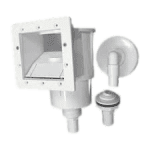


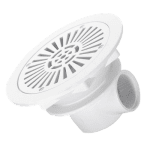








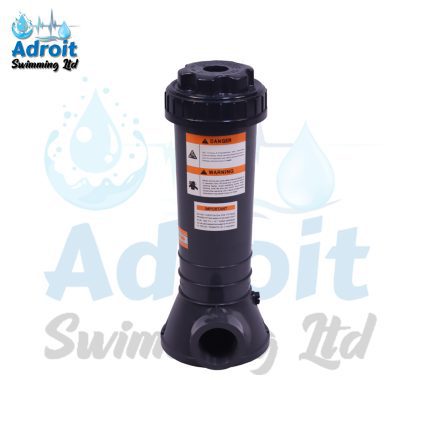
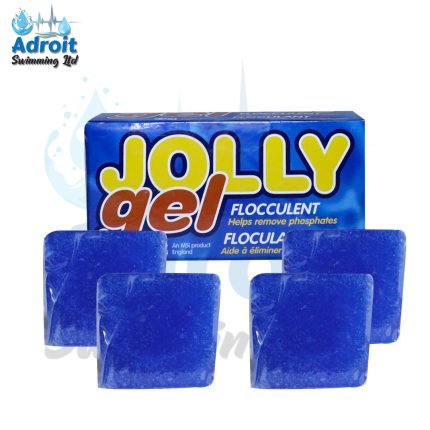
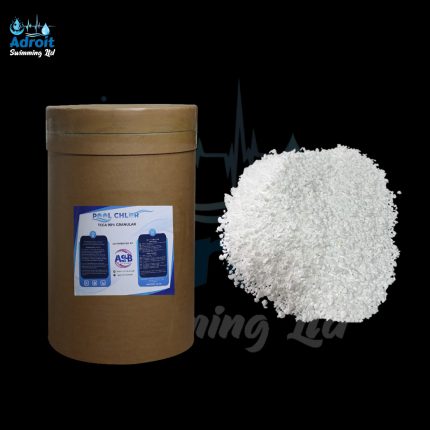
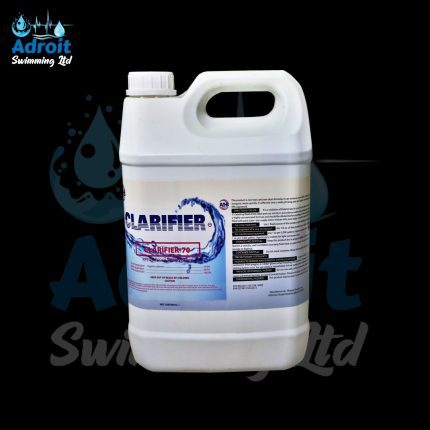
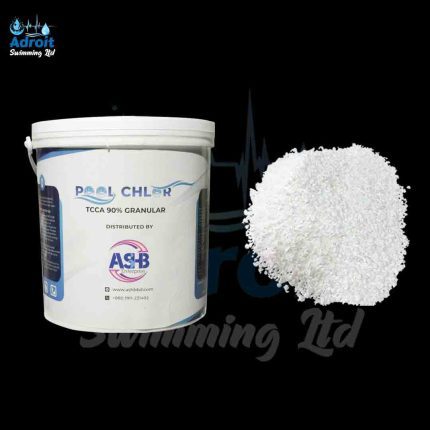
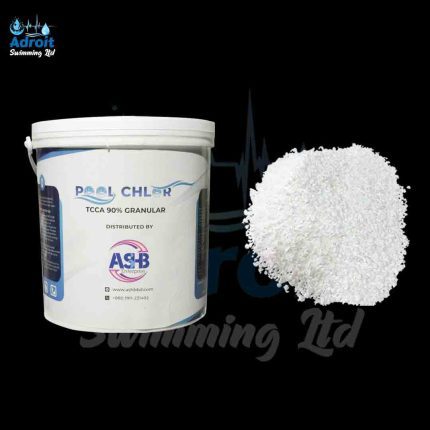
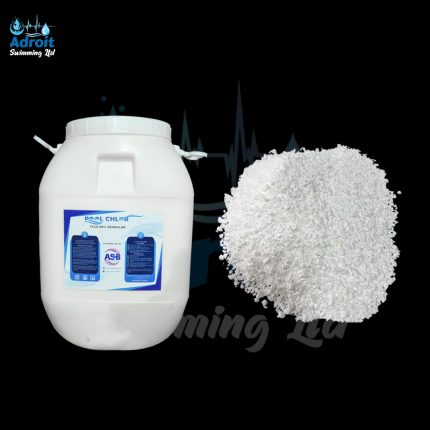
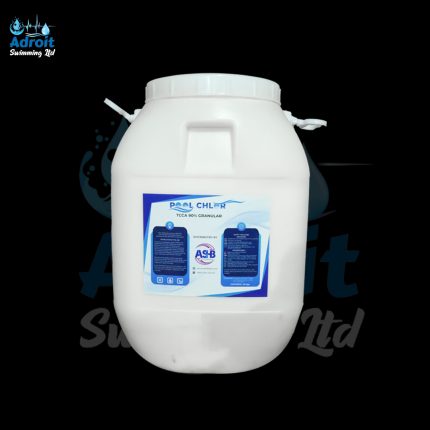
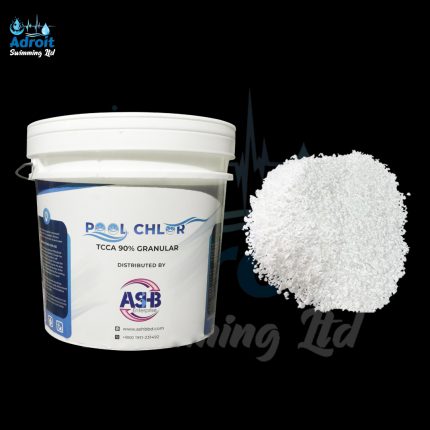
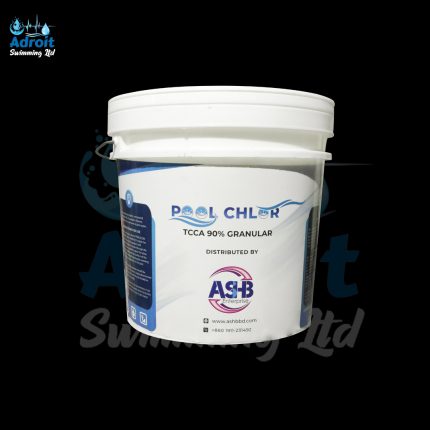
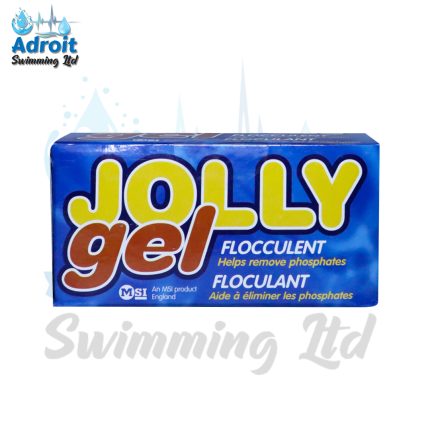
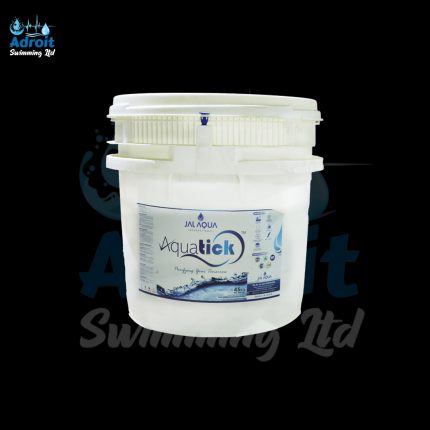
Reviews
There are no reviews yet.